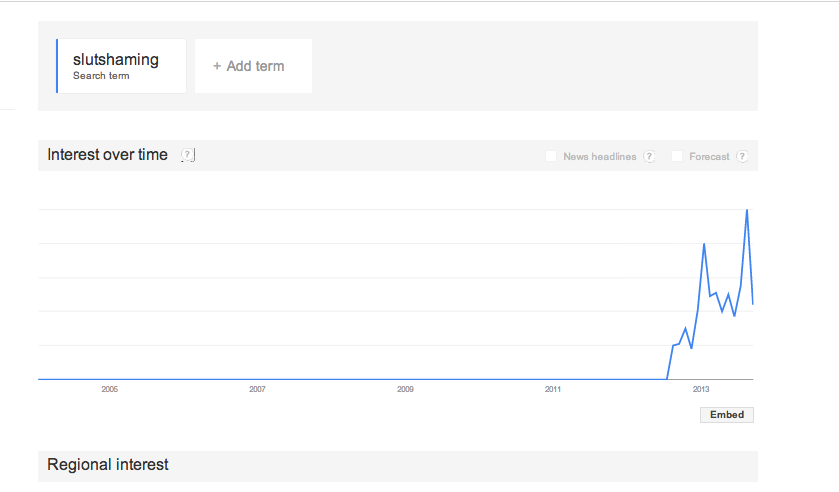
For a child born today, what will the world look like in 2100? This is the topic of a special section of
The Futurist, September- October issue. Via scenarios and forecasts from some of the leading expert within foresight, we get a glimpse into what it will mean to be 88 at the dawn of the next century. This is the future of the Homeland generation. Millennials will be 96 to 120 if they are alive and some of them will. Some scenarios make me infer that some Generation X members are still with us as "post-centenarians". Others take the the transhumanist/singulitarian view that we have passed the point where we will
be able to live forever.
The trends and emerging issues covered range from energy, climate changes, economic systems, space travel, scientific breakthroughs - particularly in biology and computing – and of course, aging.
Extreme longevity seems to show up in many of the narratives, reflecting long anticipated breakthroughs in medicine, computing and biotechnology. Resource depletion combined with resource scarcity, governmental issues and dwelling patterns are other issues.
The “mood” of these forecasts, or the level of pessimism vs. optimism, seems to be in line with most futurist projections: If and when we can manage to reform ourselves before we totally ruin the planet, it’s going to worse only until it gets better. Similar to cycle theories like the
Kondratiev long waves or Strauss and Howe’s generational predictions, we will most likely go through a period of crisis - a period we have already entered - before we enter a new “high period”.
 Dr. William Halal and Laura B Huhn from TechCast
Dr. William Halal and Laura B Huhn from TechCast believe a new high tech era will occur around 2020. This view is similar to that of Olli Hietanen and Marko Ahvenainen,
Finland Futures Research Centre, who forecast a
Sixth Kondratieff wave (2010 – 2050) based on new innovation and technologies within biotechnology. The Sixth wave differs from the Fifth because of the increasingly rising prices on raw materials and energy. The new paradigm in innovation and production is likely to be within molecular, or synthetic, biology, which will allow us to grow and change structures from raw biological materials. Just think about all the experiments happening with stem cells and organ scaffolding in the labs today! Not to mention biological 3-D printing. Tissue engineering will enable us to grow new organs and artificial meats, even biodegradable polymers to be used in manufacturing. These prospects might be frightening to some, conjuring up 19
th and 20
th century sci-fi dystopias like Frankenstein and Brave New World. But for most futurists, the unsustainable alternative of status quo is often much scarier!





